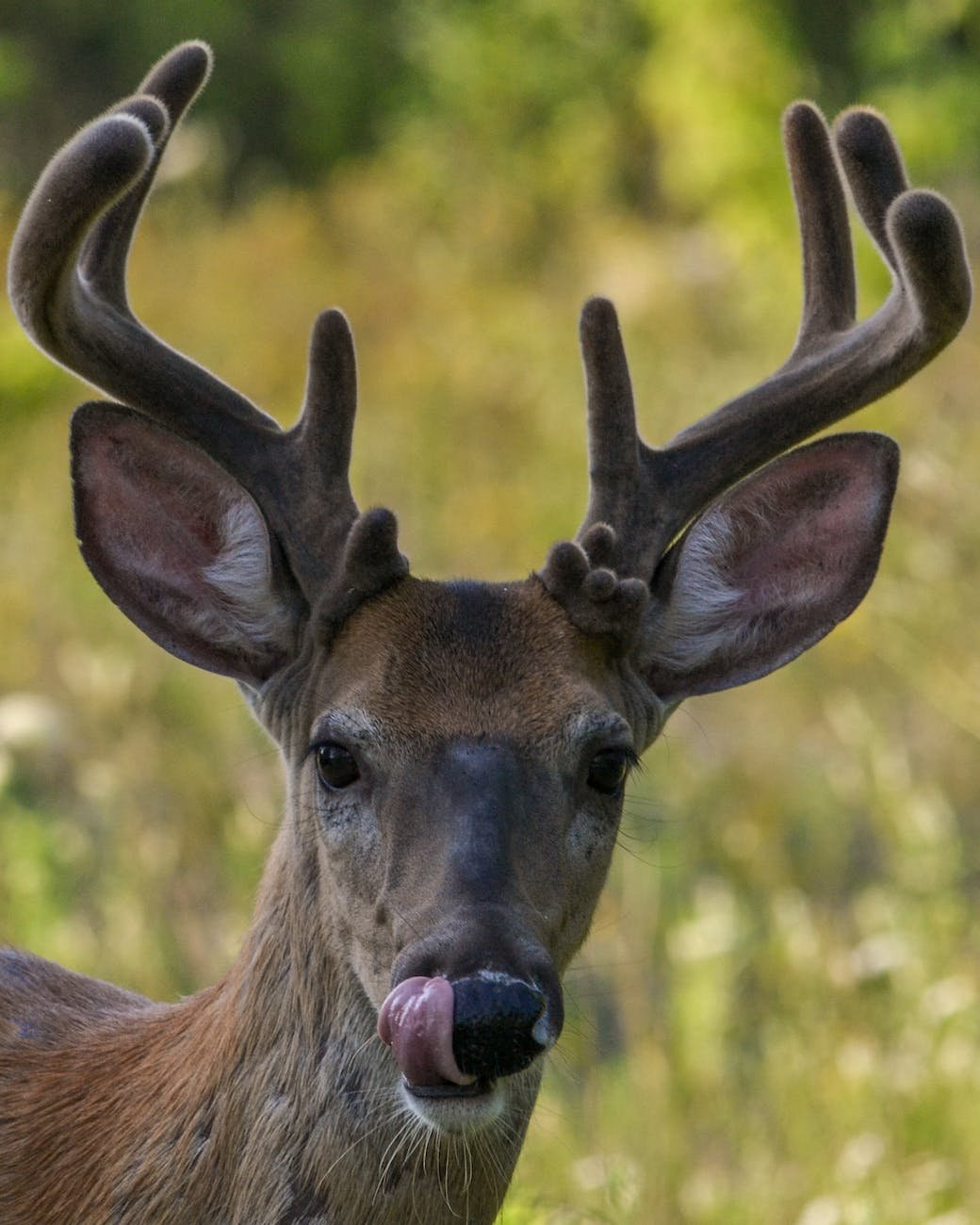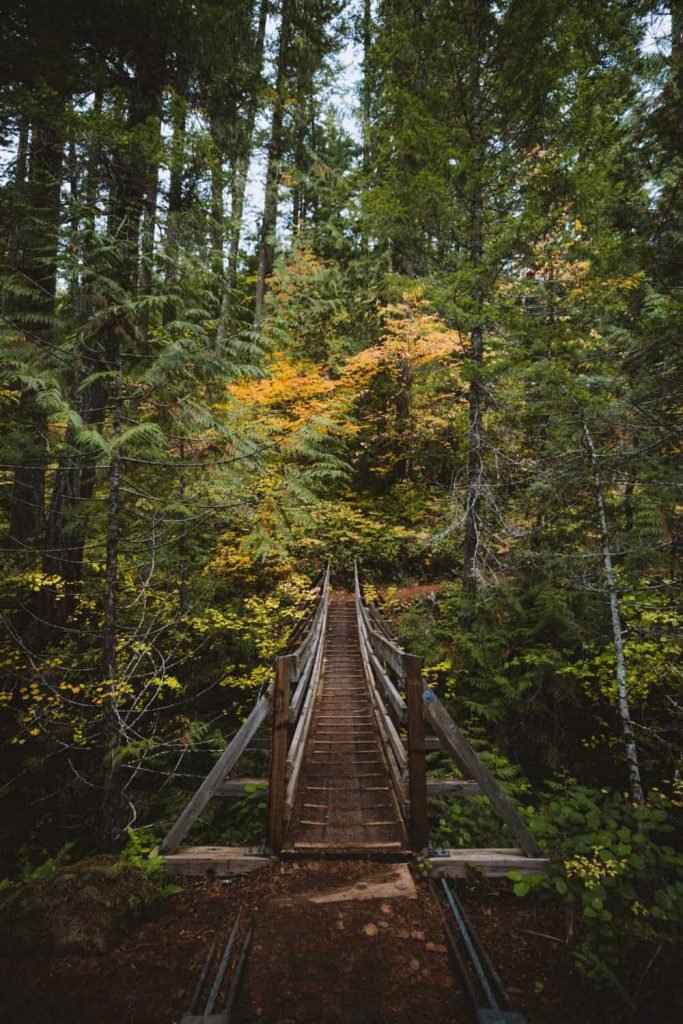
Looking for an adventure that will reconnect you with nature’s beauty? Look no further than Fall Creek Falls. This stunning state park is a nature lover’s paradise, boasting breathtaking waterfalls, lush forests, and incredible wildlife. Whether you’re an experienced nature enthusiast or simply looking for a way to escape daily stress, wildlife spotting at Fall Creek Falls is an unforgettable experience.
Fall Creek Falls is a stunning natural wonder located in Tennessee. The park spans over 29,000 acres, making it one of the largest in the state. The area is renowned for its dramatic waterfalls, dense forests, and diverse wildlife. For those seeking adventure, Fall Creek Falls offers a wealth of recreational activities, including hiking, camping, and wildlife spotting. Visitors can explore the park’s vast network of trails, ranging from easy strolls to challenging hikes.
Fall Creek Falls boasts a diverse range of native wildlife species. The park is home to several mammals, including white-tailed deer and coyotes. Smaller creatures like raccoons and skunks are also common. Birdwatchers can spot Bald Eagles, Red-tailed Hawks, and Woodpeckers. Reptiles and amphibians, such as the northern water snake and copperhead, also inhabit the park. The streams and waterfalls are home to various fish species, including bass, catfish, bluegill and more.

Wildlife spotting is a thrilling adventure that requires patience and the right timing. The fall and spring seasons provide the best opportunities for wildlife spotting. During these seasons, animals are either preparing for winter or coming out of hibernation. The early morning and late evening are the best times of the day for spotting wildlife. Most species are crepuscular, meaning they are most active during these times. Booking a guided wildlife spotting tour with a nature guide is an excellent way to increase your chances of encountering various species.
Fall Creek Falls is home to a diverse array of habitats that support a wide variety of wildlife species. The park’s lush forests, vibrant fields, and rocky cliffs provide ample opportunities for visitors to spot native animals in their natural habitats.
Forests: The park’s forests are especially popular spots for wildlife spotting. Eastern cottontail rabbits, white-tailed deer, and raccoons can often be seen browsing for food amongst the trees. If you’re a birdwatcher, don’t miss the chance to visit Cane Creek Falls for sightings of various bird species.

Fields: The open fields and meadows at Fall Creek Falls provide excellent opportunities for spotting a diverse range of wildlife species. Visitors may see coyotes, foxes, and bobcats during the early morning hours or around sunset.
Cliffs: The park’s rocky cliffs provide unique viewing opportunities for wildlife spotters. Peregrine falcons can often be seen swooping and diving amongst the rock formations.
The Nature Center: The Betty Dunn Nature Center at Fall Creek Falls is an excellent resource for visitors seeking information on the park’s wildlife. The center is home to several displays showcasing native animals.
To make the most of your wildlife spotting adventure, it is essential to have the right gear.
Binoculars: High-quality binoculars enhance your wildlife spotting experience by providing clear images from a safe distance.
Camera: A reliable camera helps you capture incredible wildlife moments. Consider investing in a camera with a fast shutter speed and telephoto lens. Check out our guide to the best camera for landscapes, wildlife, and more.
Field Guide: A nature guidebook helps you identify different wildlife species and learn about their behaviors and habitats.
Appropriate Clothing: Wear comfortable, breathable clothing that blends in with the surroundings and protects you from the elements.
When going on a wildlife spotting adventure at Fall Creek Falls, it’s crucial to practice respectful etiquette. Not only does this ensure your safety, but it also enables the animals to live undisturbed in their natural habitat. Maintain a safe distance from wildlife, minimize disturbances, and leave no trace by staying on designated trails and using marked campsites.
Taking memorable photos of wildlife is essential to document your Fall Creek Falls adventure. With the right composition and lighting, you can capture the beauty and majesty of the native species found in the area.
As you venture into Fall Creek Falls for a wildlife spotting adventure, we hope this guide has provided you with all the information you need to make the most of your experience. Embrace the beauty of nature and practice respectful wildlife spotting etiquette. By paying attention to the habitats and viewing areas, using essential gear, and capturing memorable moments with the right photography techniques, you’re sure to have an unforgettable time.
Whether you’re an experienced wildlife spotter or a beginner, Fall Creek Falls offers an opportunity to witness the diverse range of native wildlife species in their natural habitats. So, pack your bags, grab your gear, and get ready for an unforgettable journey into the wilderness. Thank you for choosing this guide for your wildlife spotting adventure. Happy spotting!
Yes, Fall Creek Falls is home to a diverse range of wildlife species. With its rich ecosystems and natural habitats, visitors have the opportunity to encounter mammals, birds, reptiles, and other native wildlife.
Fall Creek Falls is known for hosting various wildlife species, including white-tailed deer, foxes, raccoons, rabbits, and several bird species such as hawks, woodpeckers, and owls. Additionally, reptiles like snakes and turtles can also be spotted in the area.
The best time for wildlife spotting at Fall Creek Falls varies depending on the season and time of day. Generally, early morning and late afternoon tend to be more active, especially during spring and fall when many animals are seeking food and mating opportunities.
Yes, there are several designated viewing areas and trails within Fall Creek Falls where wildlife spotting is more common. Keep an eye out for areas near water sources, dense vegetation, or open meadows, as these are often frequented by wildlife.
Essential gear for wildlife spotting at Fall Creek Falls includes binoculars, a camera with zoom capabilities, a field guide to help identify species, appropriate clothing for comfort and camouflage, and sturdy footwear for exploring the diverse terrain.
It is crucial to practice respectful wildlife spotting etiquette. This includes maintaining a safe distance from animals, not disturbing their natural behavior or habitats, and leaving no trace by not littering or feeding wildlife.
Absolutely! Fall Creek Falls offers fantastic opportunities for wildlife photography. To capture the best moments, make sure to learn about composition techniques, understand lighting conditions, and adjust your camera settings accordingly. Remember, always prioritize the well-being of the animals over getting the perfect shot.
This field guide to wildlife spotting at Fall Creek Falls highlights the importance of appreciating and respecting nature’s beauty. It provides insights into the native wildlife species, the best times for spotting, essential gear, proper etiquette, and photography tips. Embark on your own unforgettable wildlife spotting experience and embrace the wonders of Fall Creek Falls!